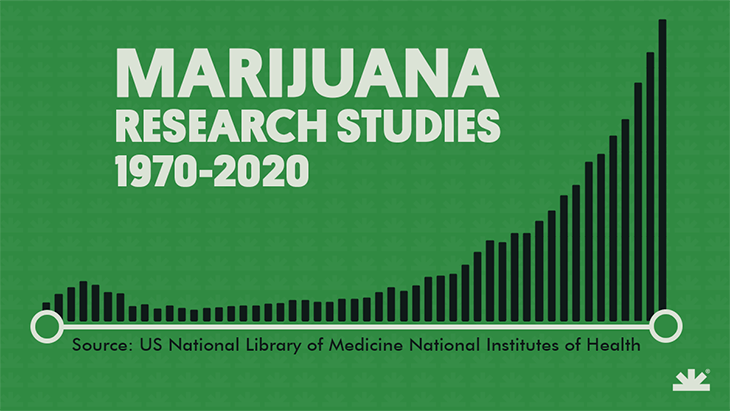[ad_1]
Today, the bipartisan Marijuana Data Collection Act was introduced, led by Senators Bob Menendez (D-NJ) and Rand Paul (R-KY) and U.S. Reps. Sylvia Garcia (D-TX) and Don Young (R-AK).
This legislation would require the Secretary of Health and Human Services, the Attorney General, the Secretary of Labor, and relevant state health agencies to enter a ten-year arrangement with the National Academy of Sciences to conduct, and update, a study on the effects of legalized state marijuana programs biennially. This study would evaluate the impacts and effects of state-legalized medicinal and non-medicinal marijuana programs on state economies, public health, criminal justice, and employment.
Currently, numerous published peer-reviewed studies have assessed the impact of state-regulated marijuana legalization on these issues, but despite the publication of these reports, a lack of consensus and acceptance of this data continue, particularly amongst members of Congress and the Department of Justice.
You can contact your lawmakers in support of this legislation here.
“The Marijuana Data Collection Act will ensure that federal discussions and policies specific to cannabis policy are based upon the best, most reliable, and recent evidence available moving forward,” said NORML Political Director Justin Strekal. “To be clear, this is not a marijuana reform bill, it is an data bill about what is happening around the country. No member of Congress can intellectually justify opposition to this legislation unless they are willing to deny the fact that the majority of American states are in defiance of the Schedule 1 criminalized status of cannabis.”
Currently, 36 states authorize the medical-use of cannabis and 17 states have legalized the substance for adults.
Here is what some of the lawmakers had to say when introducing the bill:
“As more and more states legalize and regulate marijuana, we must take a thorough examination at how different laws and policies in different states have been implemented, what works, what doesn’t, and what can be replicated elsewhere,” said Sen. Menendez. “It’s important to understand how communities and people are ultimately impacted by marijuana legalization and its effect on local economies, public health, criminal justice, employment, and our nation’s battle with opioid and other drug addiction. Having this data at our fingertips and making it available to the public will help drive public policy decisions and dispel any misconceptions about marijuana legalization.”
“Congress and the American people need reliable facts on the impact of states’ legal marijuana programs. We need independent data on how these programs impact state budgets, the public health, and employment. This is especially important amid the pandemic, that’s been filled for many with isolation, depression and financial stress that has led to an alarming rise in opioid deaths—especially among communities of color,” said Rep. Garcia. “By entrusting the National Academy of Sciences to objectively study state marijuana programs, we will have unbiased information to make decisions based in reality, not historical prejudices or preconceived ideas.”
“As Co-Chair of the Congressional Cannabis Caucus and the Representative of a state that legalized adult-use marijuana, I know as well as anybody that federal cannabis policy is archaic and need of an urgent update,” said Rep. Young. “One of the best tools available to policymakers is comprehensive and accurate data. I am very proud to join Senators Menendez and Paul and Congresswoman Garcia in the introduction of the Marijuana Data Collection Act. This is a very good bill, and it will help us learn from other states and municipalities that have legalized marijuana. As the debate continues about broader federal cannabis policy, the data that this legislation can help collect will be vital toward crafting policies that promote public health and reform our outdated federal cannabis laws.”
You can contact your lawmakers in support of this legislation here.
[ad_2]
Source link
Medical Disclaimer:
The information provided in these blog posts is intended for general informational and educational purposes only. It is not a substitute for professional medical advice, diagnosis, or treatment. Always seek the advice of your physician or other qualified healthcare provider with any questions you may have regarding a medical condition. The use of any information provided in these blog posts is solely at your own risk. The authors and the website do not recommend or endorse any specific products, treatments, or procedures mentioned. Reliance on any information in these blog posts is solely at your own discretion.







